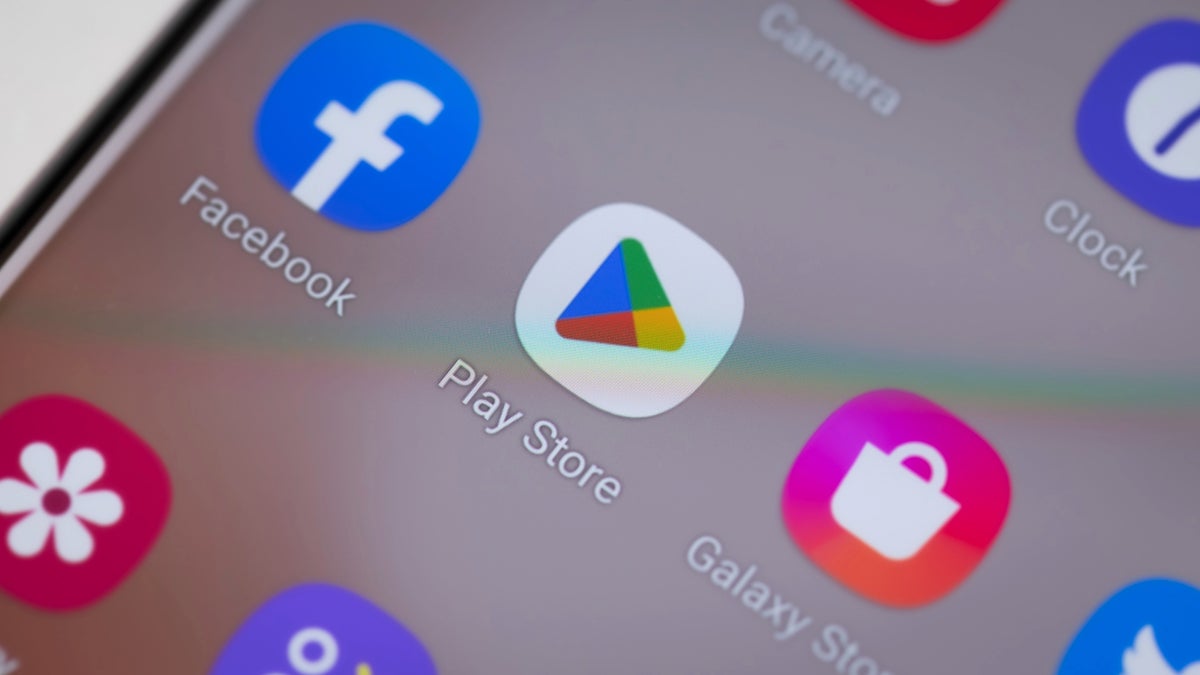Google proposed $147 million to Epic Games to launch Fortnite on the Play Store

In the past couple of years, Epic Games (the creator of Fortnite) started a significant lawsuit saga with Apple, and not only. In 2020, the gaming company filed its first lawsuit against Google. This week, a second legal skirmish has kicked off, with Epic Games alleging that Google is shelling out substantial sums to big developers, enticing them to keep their apps on the Play Store.
According to court revelations reported by The Verge, Google has confirmed that it proposed a $147 million deal to Epic Games to launch Fortnite on the Android Google Play Store. Purnima Kochikar, Google's VP of Play partnerships, stated that the deal, approved and presented to Epic, was rejected by the gaming company.
The proposed deal involved the gradual disbursement of funds over three years, concluding in 2021, as incremental support for the game's publisher.
The underlying motive for this deal, as reported, was Google's attempt to prevent a potential trend of popular apps bypassing the official Android store and, in turn, avoiding Google's in-app purchase fees.
Epic Games has been vocal about its discontent with the 30% revenue cut imposed by Google (and Apple, for that matter) on Play Store transactions. This led Epic to take an unconventional route, releasing Fortnite for Android independently and offering the game's download file directly on its website.
While Fortnite eventually landed on the Google Play Store in April 2020, Epic persisted in distributing it independently, circumventing Google's 30% cut on in-app purchases. The tension escalated in August 2020 when Epic allowed direct in-game currency purchases, which violated Google's Play Store policies.
In response, Google removed Fortnite from the Play Store, prompting Epic Games to file an antitrust lawsuit against Google for alleged abuse of monopoly power. The case started last year and is still ongoing.
In the antitrust case, Epic Games claimed that Google reacted anxiously to Epic's initial decision, fearing a potential domino effect with other game developers. Internal documents presented in court hinted at Google's apprehension of a "contagion risk" and revealed attempts to entice or acquire Epic to prevent such a scenario.
The forecast is a financial nightmare for Google, with potential losses soaring into the billions of dollars in revenue. The documents shown in court suggested a direct revenue loss between $130 and $250 million, with a broader downstream loss of up to $3.6 billion if the feared mass defection occurred.
In court, Google asserted its position with Purnima Kochikar clarifying that Google's worry was about potential game losses on the Play Store, and there was no nefarious intent. "We just wanted developers to choose Play," said Kochikar.
Lawrence Koh concurred in his testimony that the investment to secure games on the Play Store was considered worthwhile, especially given the scenario where developers might opt for an initial launch on Apple's iOS.
Since its 2017 release, Fortnite has surged in popularity, boasting around 400 million registered users. Note that this count includes sign-ups from occasional players, not solely reflecting the number of regular active Fortnite gamers.
The underlying motive for this deal, as reported, was Google's attempt to prevent a potential trend of popular apps bypassing the official Android store and, in turn, avoiding Google's in-app purchase fees.
Epic Games vs Google
Epic Games has been vocal about its discontent with the 30% revenue cut imposed by Google (and Apple, for that matter) on Play Store transactions. This led Epic to take an unconventional route, releasing Fortnite for Android independently and offering the game's download file directly on its website.
In response, Google removed Fortnite from the Play Store, prompting Epic Games to file an antitrust lawsuit against Google for alleged abuse of monopoly power. The case started last year and is still ongoing.
In the antitrust case, Epic Games claimed that Google reacted anxiously to Epic's initial decision, fearing a potential domino effect with other game developers. Internal documents presented in court hinted at Google's apprehension of a "contagion risk" and revealed attempts to entice or acquire Epic to prevent such a scenario.
In the courtroom drama, the "contagion" documents took center stage this week as Lawrence Koh, the ex-head honcho of Google Play's games business development, took the stand. They painted a picture of Google's worry scenario, predicting that, within a couple of years of Epic's move, nearly all top game developers could jump ship from the Play Store.
The forecast is a financial nightmare for Google, with potential losses soaring into the billions of dollars in revenue. The documents shown in court suggested a direct revenue loss between $130 and $250 million, with a broader downstream loss of up to $3.6 billion if the feared mass defection occurred.
In court, Google asserted its position with Purnima Kochikar clarifying that Google's worry was about potential game losses on the Play Store, and there was no nefarious intent. "We just wanted developers to choose Play," said Kochikar.
Since its 2017 release, Fortnite has surged in popularity, boasting around 400 million registered users. Note that this count includes sign-ups from occasional players, not solely reflecting the number of regular active Fortnite gamers.
Follow us on Google News














Things that are NOT allowed:
To help keep our community safe and free from spam, we apply temporary limits to newly created accounts: